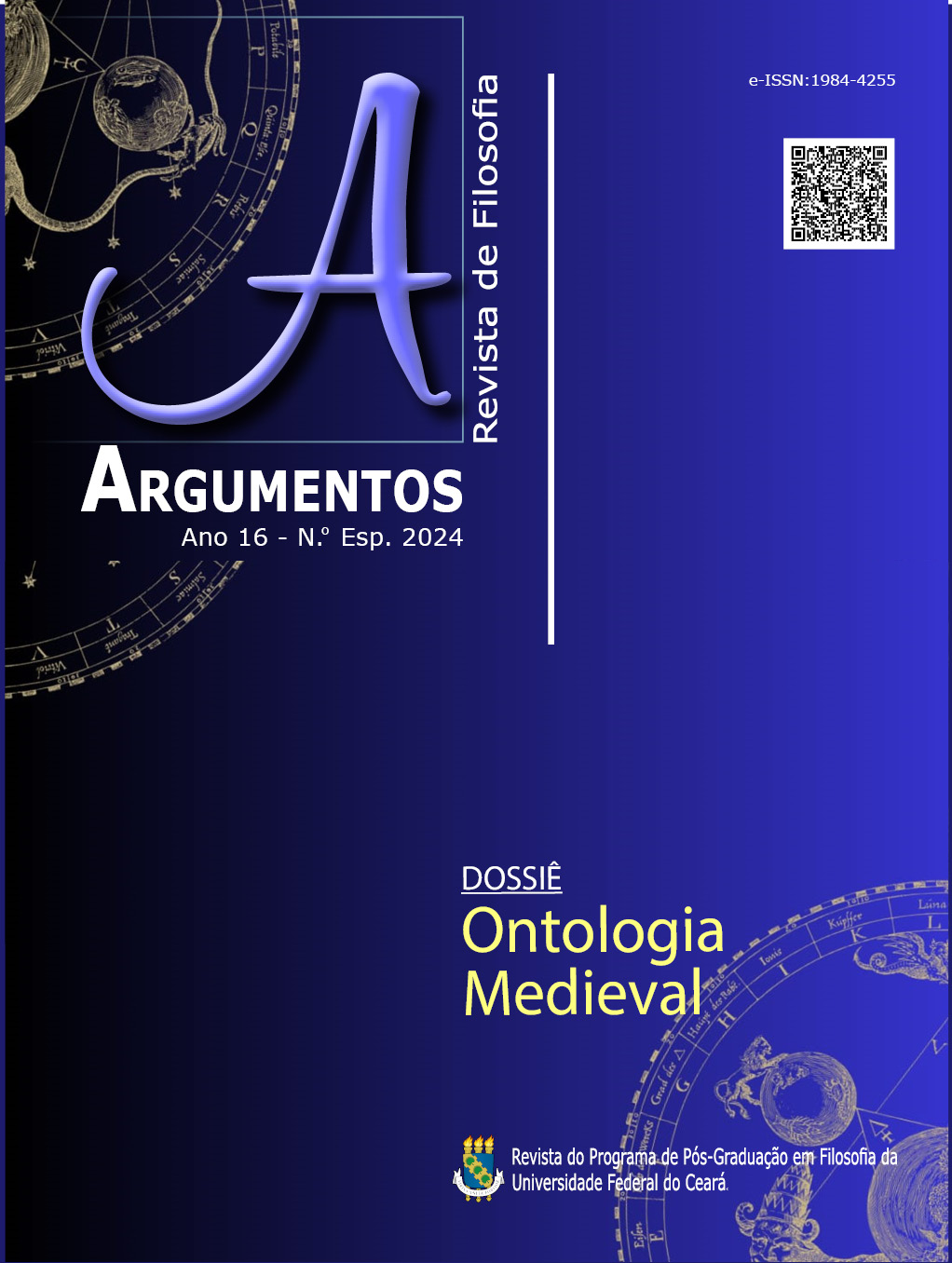Family as a “being-body”: sketches for an “incarnation” from Gabriel Marcel’s existential phenomenology
DOI:
https://doi.org/10.36517/Argumentos.16.esp.93553Keywords:
Family. Existence. Concrete Philosophy. Incarnation. Being-Body.Abstract
What we want to ask ourselves in this essay is whether or not in the search for meaning through concrete existence, the family as a “being-body”, as a being-subject of relationships and closer ties, contributes or not to the identification between meaning and life. Is the family part of this search for meaning in human existence? Thinking about the family is, in this specific case, more heuristic than technical and approaches an existential and phenomenological analysis, based on the concrete and original situation in which each family is forged, discovered and projected into the concrete reality of existence. To do this, we reflect on the existential phenomenology of Gabriel Marcel, specifically in his work Homo Viator, on the concept of family as a “being-body” as a possibility of sketches for an incarnation.
Downloads
References
AZEVEDO, J. A. A exigência de transcendência como preambulum fidei na Filosofia do Mistério de Gabriel Marcel. 2018. 208 f. Tese (Doutorado em Teologia) – Pontifícia Universidade do Paraná, Curitiba, 2018.
BORGHI, G. Ciência, filosofia e algo mais. Um novo saber para um novo agir. Curitiba: Brazil Publishing, 2019.
BUBER, M. Il problema dell’uomo. Milano: Marietti, 2004.
CAIFFA, R. Eu e outrem: o valor da intersubjetividade em Gabriel Marcel. In: DA SILVA, F. C. A.; RIVA, F. (Orgs.). Compêndio Gabriel Marcel. Cascavel: EdUnioeste, 2017. (Série Fenomenologia & Existência).
CARMONA, B. F. La filosofía de Gabriel Marcel: de la dialéctica a la invocación. Madrid: Encuentro, 1988.
DIDI-HUBERMAN, G. Diante da imagem. Trad. Paulo Neves. São Paulo: Editora 34, 2013.
GOMES, P. T. Gabriel Marcel: a Filosofia da Existência como Neo-Socratismo. Reflexão, Campinas, v. 32, n. 91, jul./dez. 2007, p. 11-17.
GRASSI, M. Comunidade radical na filosofia de Gabriel Marcel. In: DA SILVA, F. C. A.; RIVA, F. (Orgs.). Compêndio Gabriel Marcel. Cascavel: EdUnioeste, 2017. (Série Fenomenologia & Existência).
HAN, B.-C. Infocracia. Digitalização e a crise da democracia. Trad. Gabriel S. Philipson. Petrópolis: Vozes, 2022.
LÉVINAS, E. Entre nós. Ensaios sobre a Alteridade. Petrópolis: Vozes, 1997.
MARCEL, G. Du refus à l’invocation. Paris: Gallimard, 1940.
MARCEL, G. Essai de philosophie concrète. Paris: Gallimard, 1967.
MARCEL, G. Homo Viator. Prolegómenos a una metafísica de la esperanza. Salamanca: Ed. Sígueme, 2005.
MARCEL, G. Les hommes contre l’humain. Paris: La Colombe, 1951.
MARCEL, G. Présence et immortalité. Paris: Poche, 1959.
MERLEAU-PONTY, M. A fenomenologia da percepção. Trad. Carlos Alberto Ribeiro de Moura. 2. ed. São Paulo: Martins Fontes, 1999.
RICOEUR, P. Gabriel Marcel et Karl Jaspers: philosophie du mystère et philosophie du paradoxe. Revista Portuguesa de Filosofia, v. 6, n. 1, 1950, p. 109-109.
SILVA, E. G; RÖHR, F. Fenomenologia da educação numa era de técnica e tecnologias da informação. Revista Sul-Americana de Filosofia e Educação, Brasília, n. 30, nov./2018-abr./2019, p. 75-90.
ZILLES, U. Gabriel Marcel e o existencialismo. Porto Alegre: EDIPUCRS, 1988.
Downloads
Published
How to Cite
Issue
Section
License
Copyright (c) 2024 José Luis Sepúlveda Ferriz

This work is licensed under a Creative Commons Attribution 4.0 International License.
Argumentos magazine is licensed under an International Creative Commons Attribution License.
The Magazine uses CC BY inclusion
1) The authors retain the copyright granted to the magazine or the right to initial publication, with the work regularly licensed under the Creative Commons Attribution, which allows the sharing of the work with acknowledgment of authorship and initial publication in this magazine.
2) The authors are authorized to contract additional applicable contracts, for non-exclusive distribution of the version of the work published in this journal (for example, publication in the institutional repository or as a chapter of the book), recognition of authorship and initial publication in this journal.
3) Authors are authorized and encourage to publish and distribute their work online (for example, in institutional repositories or on their personal pages) at any time before or during the editorial process, as they can generate productive changes, as well as increase the impact and reference of published work.




.jpg)










._._3.png)
1.jpg)
._._._.png)
